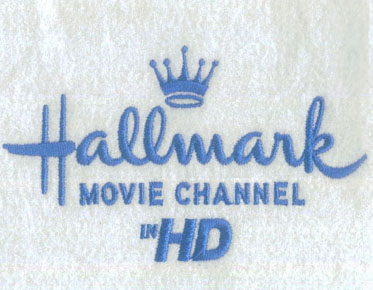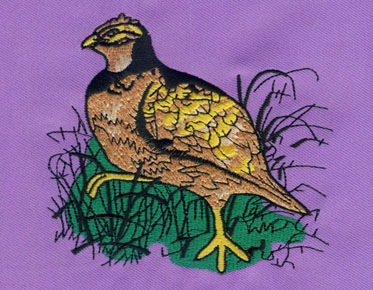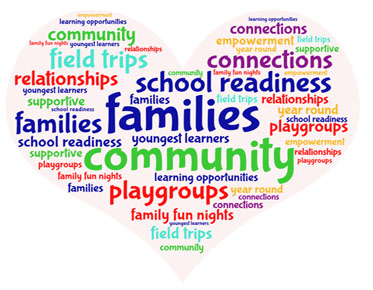Are There Any Limitations or Challenges When Working with Script or Cursive Embroidery Fonts?
Embroidering elegant script or cursive fonts
can bring a touch of sophistication to any textile product. However, when it
comes to digitizing and embroidering these types of fonts, there are a few
hurdles to overcome. This article delves into the challenges and limitations of
working with script or cursive embroidery fonts and how services like Eagle Digitizing can provide
solutions.
I. Understanding Script and Cursive Fonts
Script and cursive fonts are characterized by flowing letters that often connect with each other. These fonts mimic handwriting and are frequently used for monograms, invitations, and anywhere a more elegant or personal touch is needed.
II. Challenges and Limitations of Script and Cursive Fonts in Embroidery
1. Detail and Intricacy
One of the main challenges in embroidering
script and cursive fonts is their intricacy and level of detail. The thin lines
and curves that are typical of these fonts can be difficult to replicate
accurately in embroidery, especially at smaller sizes.
2. Letter Spacing and Connections
In script and cursive fonts, letters often
connect to one another. This creates challenges in maintaining the proper
spacing between letters and ensuring that connections are smooth and
natural-looking.
3. Fabric Considerations
The choice of fabric can also be a challenge. Heavier fabrics can better support the dense stitching that might be required for detailed script fonts. In contrast, lighter fabrics might cause the design to become distorted.
III. How Eagle Digitizing Can Help
Eagle Digitizing, a leading name in digitizing services, provides
specialized solutions for embroidering script and cursive fonts. Here’s how
they make a difference:
1. Expert Digitizing
Eagle Digitizing’s professional digitizers are adept at handling the intricacies of
script and cursive fonts. They meticulously digitize designs to ensure that
every curve and connection is accurately represented.
2. Font Scaling and Optimization
Eagle Digitizing optimizes fonts for different
sizes and applications. This involves adjusting stitch density and other
parameters to ensure that the fonts retain their elegance and readability at
various scales.
3. Fabric Guidance
With their extensive experience, Eagle Digitizing can also provide guidance on the choice of fabric and embroidery techniques best suited for script and cursive fonts, ensuring the final product meets your expectations.
Conclusion
While script and cursive fonts can enhance the
elegance of embroidered products, they come with their own set of challenges.
With the expertise and custom digitizing services provided by Eagle Digitizing, these hurdles can be overcome,
resulting in beautifully embroidered script and cursive fonts.
FAQs
1. Is it possible to embroider very small text
in script or cursive fonts?
While it is possible, the level of detail in
script or cursive fonts can be lost when scaled down too much. Professional embroidery digitizing services
like Eagle Digitizing can help optimize the font for smaller sizes, but there
is a limit to how small it can go before losing legibility.
2. How can I choose the best fabric for script
or cursive embroidery fonts?
Heavier fabrics are usually better for
detailed embroidery. Consulting with experts at Eagle Digitizing can provide
valuable insights and recommendations on fabric choices for your specific
design.
3. Can I convert my own handwriting into an
embroidery font?
Yes, with advanced digitizing services for embroidery like those offered by Eagle
Digitizing, you can convert your own handwriting into a custom embroidery font.
However, keep in mind that the same challenges and limitations regarding detail
and letter connections will apply.
4. What file formats do I need for embroidery
digitizing?
Common file formats for embroidery digitizing
include PES, DST, and EXP. Eagle Digitizing can advise on the best format for
your specific embroidery machine and design needs.



